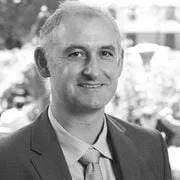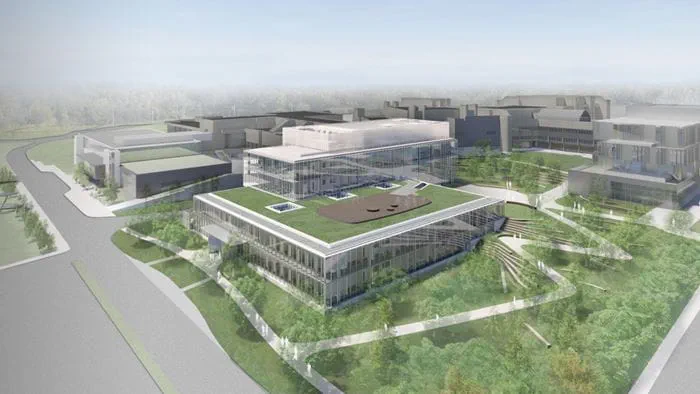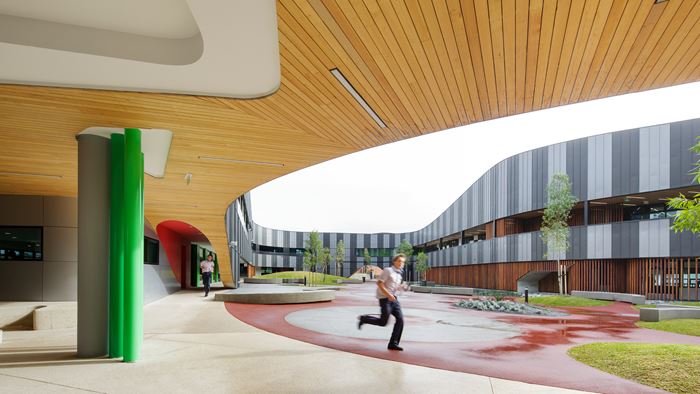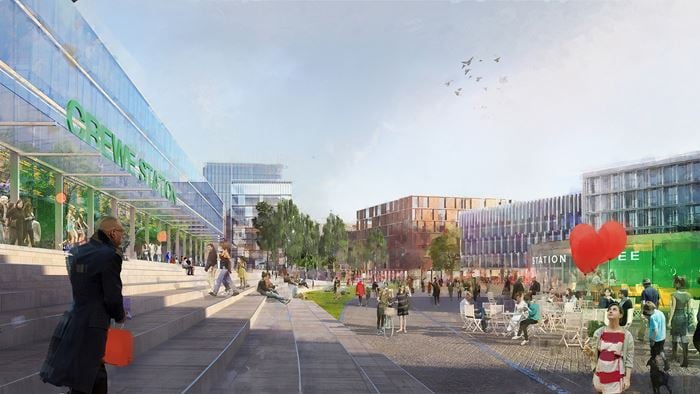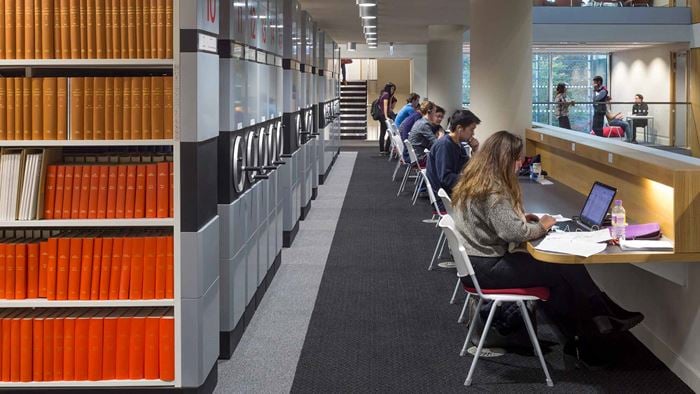The project was carried out in three stages. First, Arup undertook an initial opportunity assessment for monitoring-based commissioning and retro-commissioning at the Mount Zion research center. This established baseline data for energy use and costs and identified opportunities that would lead to a significant reduction in energy consumption.
Following this assessment, Arup was appointed to provide the design engineering, project management support, and commissioning and verification activities that would enable University of California, San Francisco (UCSF) to realise the opportunities identified in the assessment. After implementation, a report was issued to show the technical implementation and energy saving results for the project.
Before the project UCSF had no way to monitor its energy usage and was therefore unable to identify areas of intensive energy use. Arup’s work has assisted UCSF in the solving this problem and has also provided the client with the solutions to reduce energy within the building while saving money.
Arup also identified a number of other areas based on the improved building monitoring capabilities that UCSF may wish to investigate further to achieve even greater energy savings in the future. Arup’s work on the energy efficiency partnership at UCSF Mount Zion was recognized with a Retrofit Best Practice Award in 2009.
Arup’s energy consultancy services were provided as part of the 2007/08 UC/CSU/IOU Partnership Program, which seeks to create significant energy savings in existing buildings through retro-commissioning and providing more effective metering and monitoring. As part of the program, incentives are paid based on savings generated, in this case UCSF’s incentive totaled $504,227.
The Arup study showed that the primary cause of unnecessary energy consumption was excessive airflow due to a lack of airflow monitoring. This affected the peak cooling and heating loads and caused the zone reheat coils to be in a near constant state of heating. To solve this, airflow rates during the day and at night were reduced.
This strategy generated energy savings by reducing fan horsepower requirements and the need for heat, which then reduced boiler natural gas consumption. Further savings were made by addressing air balancing issues and unoccupied space - resetting temperature in non-critical building spaces such as offices and corridors.
The initial study identified natural gas savings of 100,555 therms - actual savings were right on track at 100,494 therms. To ensure that these savings are maintained, Arup carried out training for Mount Zion facilities staff. Key indicators will be monitored over time to ensure the savings continue.

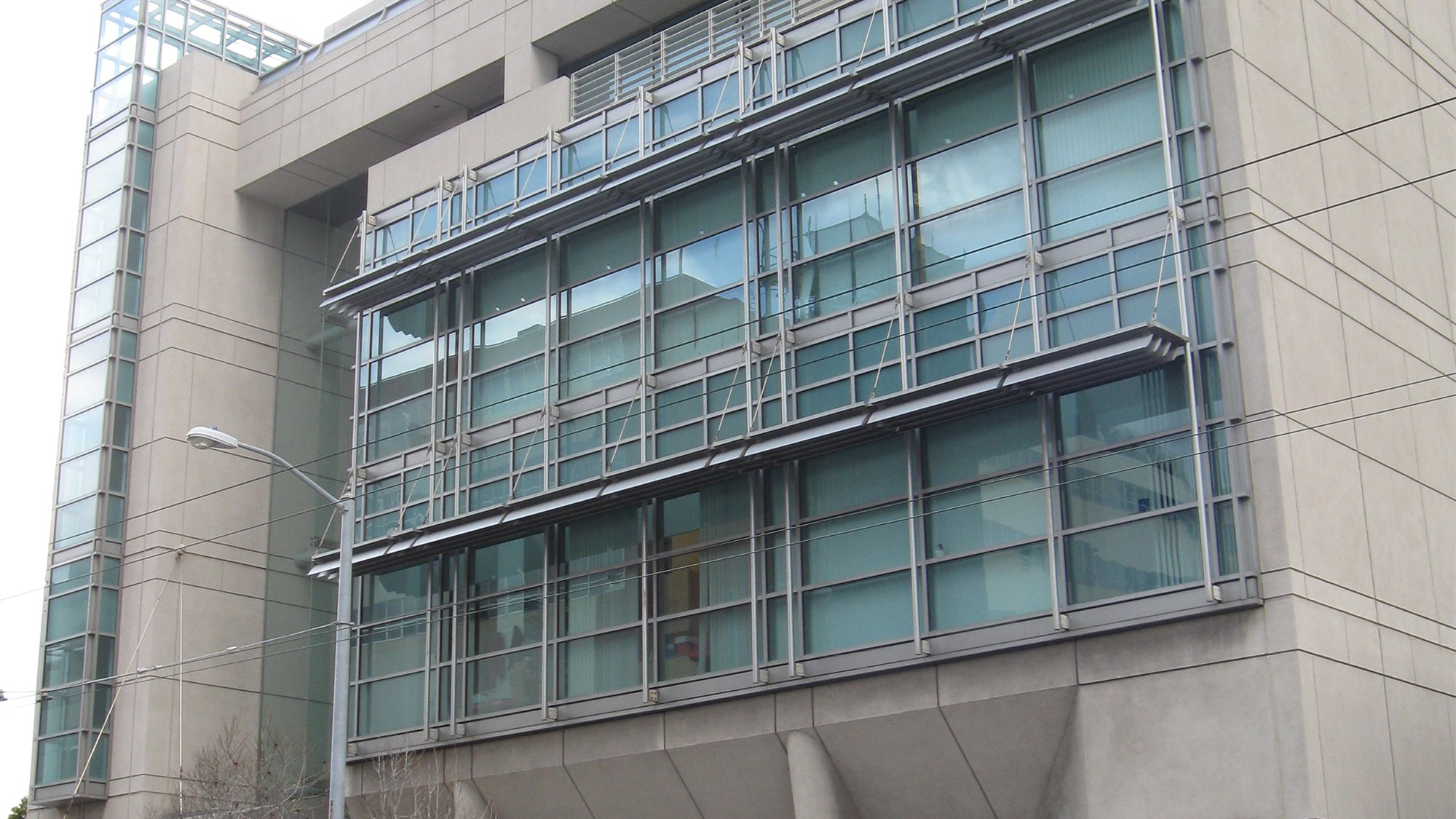 ;
;
